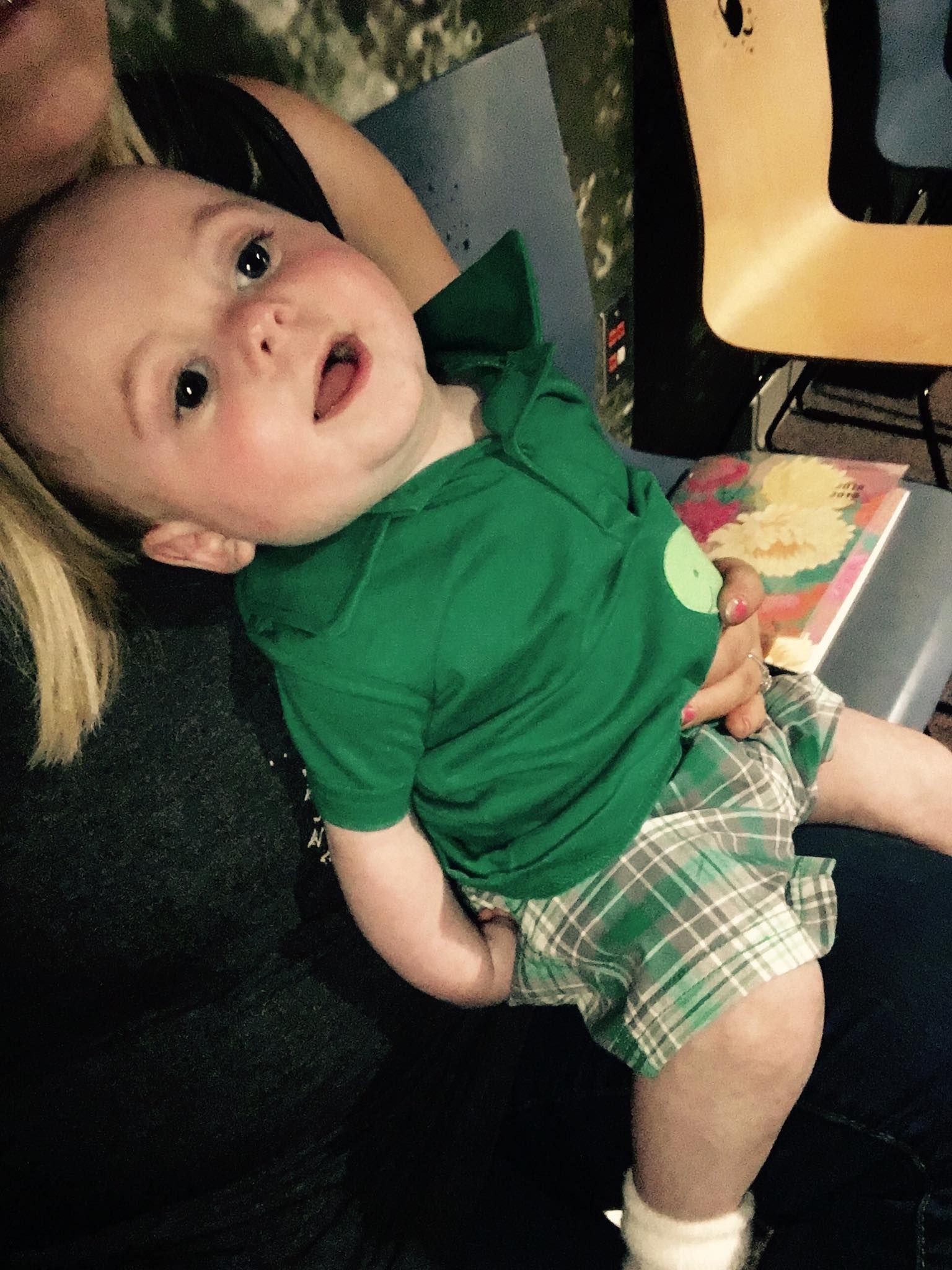The world is a giant, fascinating playground for a 6-month-old. They’re discovering their limbs, their senses, and the sheer joy of exploration. But with this exploration comes inevitable bumps and bruises, and one of the most frightening is when your little one takes a tumble and hits their head. That sickening thud, the look of shock on their face – it’s enough to make any parent’s heart skip a beat. This article will address the common concerns and questions about a 6-month-old hitting their head, providing you with the information and resources you need to feel confident navigating this common childhood experience.

Image: viewfloor.co
We understand the panic that can set in. It’s natural to wonder if the fall was serious, if there are long-term implications, and what you should do next. Rest assured, while a head injury is always alarming, most of the time, they are minor and heal quickly. By being informed and prepared, you can confidently handle these situations and provide the best care for your little one.
Understanding the Risks and Common Reactions
Your baby’s head is proportionally larger and softer than an adult’s, making them more susceptible to injury. This doesn’t mean every bump is cause for alarm. It’s crucial to develop a balanced understanding of the risks and normal reactions.
Here’s a breakdown:
- The Soft Spot: Your baby has a soft spot, known medically as the fontanelle, on their head. This allows space for their rapidly growing brain. While it’s vulnerable, the fontanelle is protected by the surrounding skull and brain membranes.
- Typical Reactions: It’s normal for a baby who has hit their head to cry, be fussy, and rub their head. They might also show signs of drowsiness, decreased appetite, or a change in mood. These are usually temporary and settle down within a few hours.
- Signs of Concern: It’s important to understand when a head injury might be more serious. Watch for signs like:
- Loss of consciousness: Even if it’s momentary, this is a red flag.
- Severe vomiting: More than once or two is concerning.
- Drowsiness or lethargy: If your baby seems unusually sleepy, it’s time to be cautious.
- Seizures: Any seizure activity requires immediate medical attention.
- Changes in behavior: Noticeable differences in personality, alertness, or responsiveness.
- Headache: While unlikely in babies, any persistent headache that your child is able to communicate is concerning.
What to Do When Your Baby Hits Their Head
Let’s demystify the immediate steps after a head injury:

Image: community.babycenter.com
1. Stay Calm and Assess:
First and foremost, take a deep breath. Stay calm and reassuring for your baby. Their reaction is often a reflection of your own. Gently assess the situation.
2. Comfort and Observe:
Hold your baby and offer comforting words. Watch them closely for any signs of serious injury.
3. Consult Your Pediatrician:
For peace of mind, it’s wise to contact your pediatrician. They can guide you on the next steps depending on your baby’s age, the circumstances of the fall, and any concerning symptoms.
4. Monitor and Document:
For the next few hours, keep a close eye on your baby. Monitor their behavior, sleep patterns, feeding, and any potential for vomiting. Note any changes, even subtle ones.
5. Seek Immediate Medical Attention:
If you notice any of the concerning signs mentioned earlier, don’t hesitate to seek immediate medical care. It’s better to err on the side of caution and have a professional assess the situation.
Preventing Future Head Injuries
While we cannot completely eliminate all risk of head injuries, we can significantly reduce them:
1. Baby-Proofing:
This is essential at this age. Secure any potential hazards, such as furniture that can tip over, sharp corners, and small objects that could be swallowed.
2. Supervision:
Never leave your baby unsupervised on a high surface, even for a moment.
3. Safe Sleep Practices:
Always place your baby on their back for sleep to reduce the risk of suffocation and sudden infant death syndrome (SIDS).
4. Car Safety:
Ensure your baby is securely fastened in a rear-facing car seat, appropriate for their age and weight.
Expert Insights and Actionable Tips
Dr. Sarah Miller, a board-certified pediatrician, emphasizes the importance of early intervention: “Parents often have anxieties about their baby’s head injury, and it’s important for them to know that they are not alone.” Dr. Miller advises, “If you have any concerns at all, call your pediatrician. Early intervention is key to ensuring the best possible outcome.”
Here are actionable steps you can take:
- Keep a calm and reassuring demeanor: Your baby will pick up on your emotions.
- Trust your instincts: If something seems off, it’s worth seeking medical advice.
- Learn CPR: This could be invaluable in a medical emergency.
6 Month Old Hit Head On Floor
Final Thoughts
It’s normal to experience anxiety when your baby hits their head. It’s a parent’s instinct to protect their child, and we want to assure you that most head injuries are relatively minor. By understanding the potential risks, knowing the signs of a serious injury, and taking preventive measures, you can feel more confident and prepared to handle those inevitable bumps and bruises that come with growing up. Remember, if you’re ever in doubt, consult your pediatrician. They are your greatest ally in caring for your little one.






